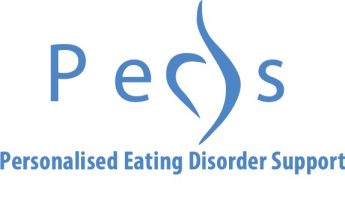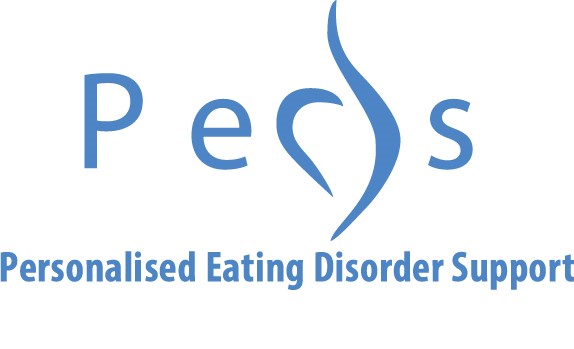Food and Mood
Food doesn’t just impact our physical health, it can also influence how we feel. Without a good balance of all the food groups we can feel grumpy, tired, hyperactive, irritable, unable to concentrate and even depressed. By understanding what the food groups provide our bodies and listening to what our bodies are telling us, we can understand the impact of not having enough or too much of certain foods.
Impact of Calories
Calories are a unit of measurement of the amount of energy there is in a food or drink item.
For our bodies to function we require energy, from breathing and brain function all the way to running and weightlifting. So, when we eat and drink we put calories into our bodies, which we then use through unconscious bodily functions (heart beating, breathing and growing) to conscious activities such as sport and travelling to school (cycling, walking, running).
If we eat more calories than the energy we use, it will result in putting weight on. On the contrary, if we do not eat enough calories for the energy we are using, we will lose weight.
There are several other side effects besides weight loss which we need to be aware of.
A reduction in;
- Confidence and self-esteem
- Growth and development
- Motivation
- Strength
- Endurance
- Speed
- Coordination
- Reproductive function
- Achievement of performance goals
Increase in;
- Feeling cold
- Hair falling out
- Tiredness
- Irritability
- Depression
- Sleep issues
- Preoccupation with food and body
- Anxiety
- Agitation and irritability
- Fear
- Injuries
- Risk of upper-respiratory tract infections
- Fractures
- Impaired bone health in later life
So it is really important we find the right balance for our bodies, ensuring we consume the right amount of calories for energy we are expending as we only have one body so we need to look after it.
Malnutrition – What if we don’t have a balance of food groups?
Our bodies become malnourished when we lack sufficient nutrients in our bodies, which can result from an unbalanced diet. All food groups are important for our growth and maintenance, without this balance we can experience;
- Dry hair which fails out easily
- Thin dry inelastic pale and cold skin
- Lack of appetite
- Cold intolerance
- Irritability
- Lack of concentration
- Tiredness
- Dizziness
- Muscle and subcutaneous fat wasting
- Poor wound healing
- Depression
- Reduced fertility
- Growth related problems
Intuitive Eating
Intuitive eating is a good way to support people to listen to what their bodies are telling them and understanding the links between what we eat and how we feel.
Local Support

PEDS
Personalised Eating Disorder Support We are a Nurse-led specialist eating disorder charity based in Peterborough, supporting individuals in the Peterborough and Cambridgeshire area. Our charity offers assessment and support with signposting and where appropriate to service users, families and loved ones and professionals. We offer our service users individual sessions which are tailored to meet
Read More About PEDSResources
Documents
Key Stage 3
Teacher Guidance
External Links
- BDA – Food and mood: Food Fact Sheet
- Be You – Nutrition and mental health
- CAMH – Mood Matters: How Food, Movement & Sleep Can Have an Impact on You
- CCI – All About Iron
- CCI – Carbohydrates Myths and Facts
- CCI – Eating Disorders
- CCI – Facts on Fats
- CCI – Looking After Others
- CCI – Making Sense of Serving Sizes
- CCI – The R.E.A.L Food Pyramid
- CCI – Vegetarian Diet and Eating Disorders
- CCI – Why Diets Do Not Work
- CDC – Childhood Nutrition Facts
- Eat Well Guide
- Healthy Food Choices in School
- Intuitive Eating Studies – Blog
- MIND – Food and Mood
- NEDA – Common Health Consequences of Eating Disorders
- NHS Inform – Health benefits of eating well
- NIH – Eating Disorders: About More Than Food
- Nutrition Education – or Lessons in Disordered Eating?
- Podcast – Don’t Salt my Game
- SAMH – Food and Mood
- SAMH – Mood and Food Fact Sheet
- SHP – The effects of nutrition on health and wellbeing
- The Nourished Child
- USDA – Nutrition



